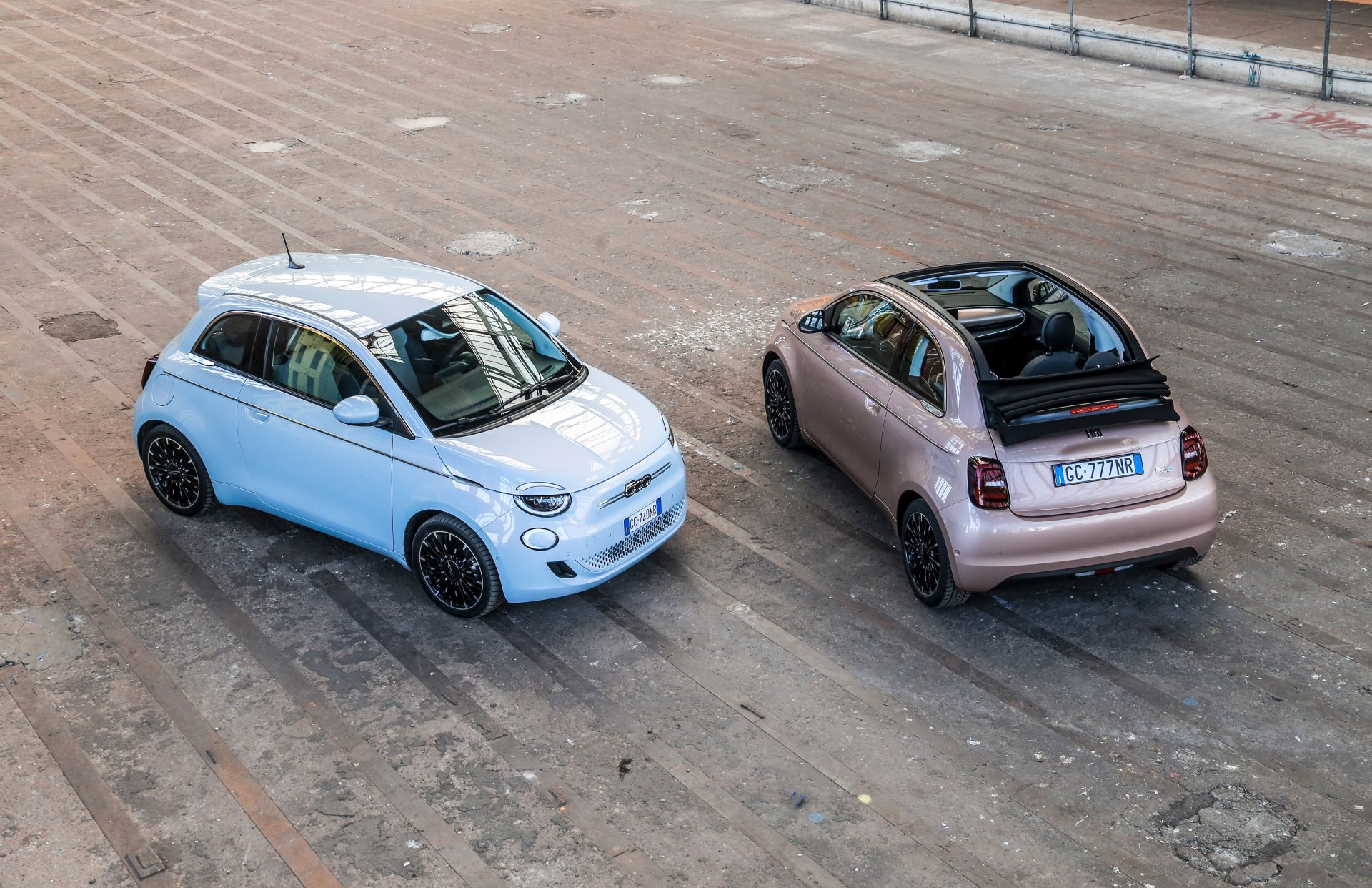Top 10 Cheapest Electric Cars 2022
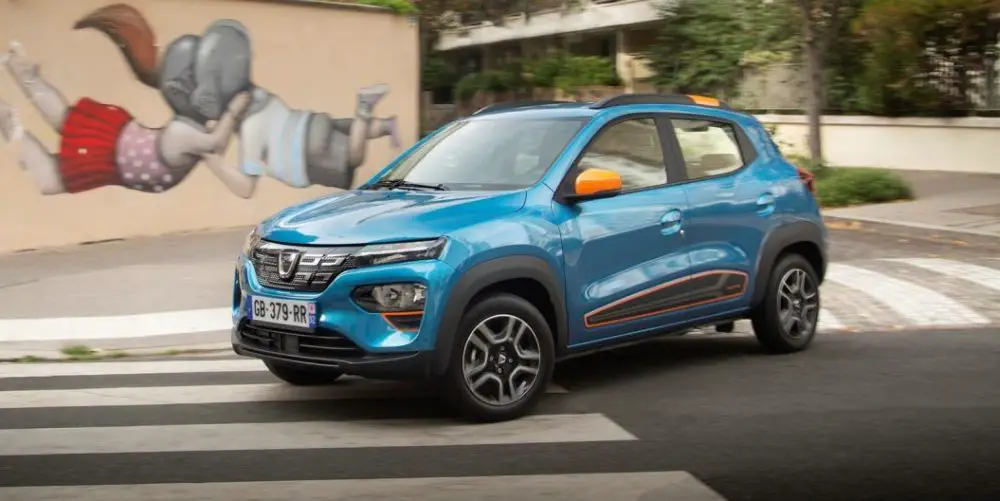
1. Dacia Spring
Starting price: € 20,450
Range: 230 km
Battery: 27.4 kWh
Engine: 45 hp/125 Nm
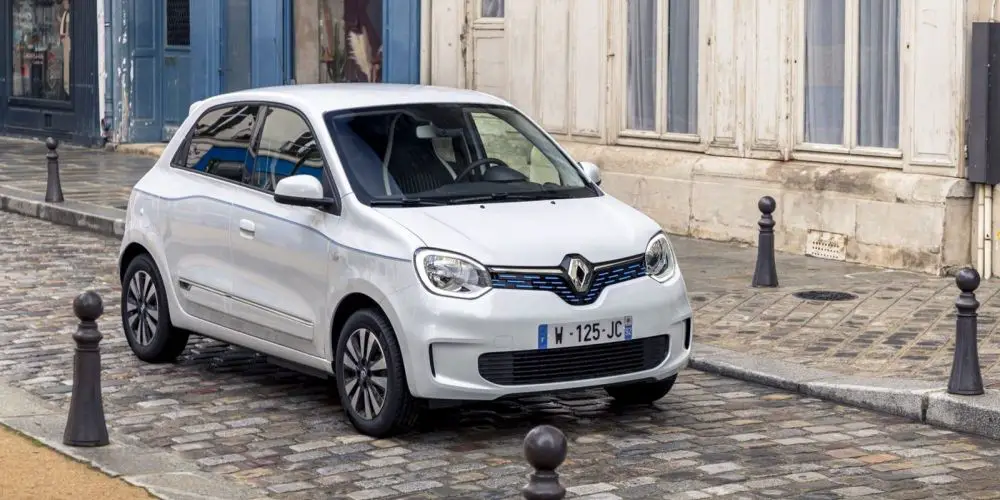
2. Renault Twingo Electric
Starting price: € 23,020
Range: 190 km
Battery: 22 kWh
Engine: 82 hp/160 Nm
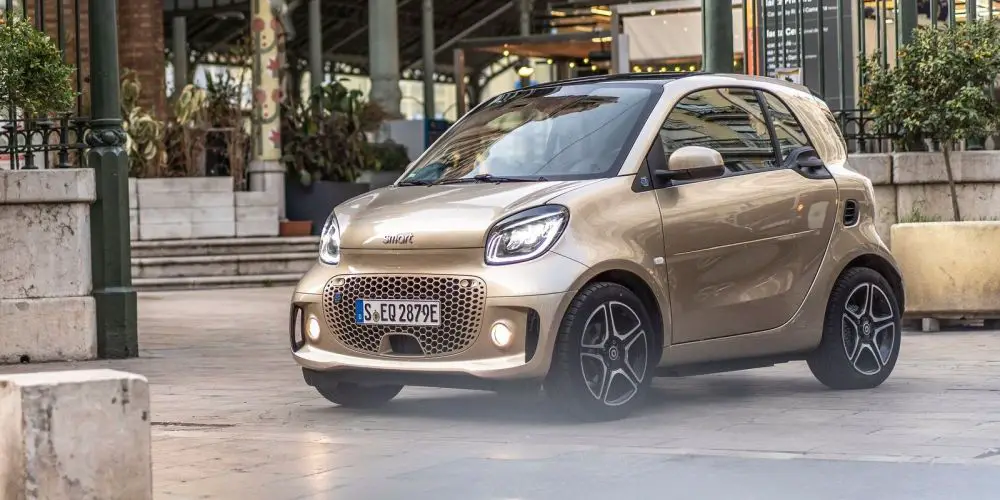
3. Smart EQ Fortwo (Convertible)
Starting price: € 23,995 (€ 26,995)
Range: 160 km
Battery: 17.6 kWh
Engine: 82 hp/160 Nm
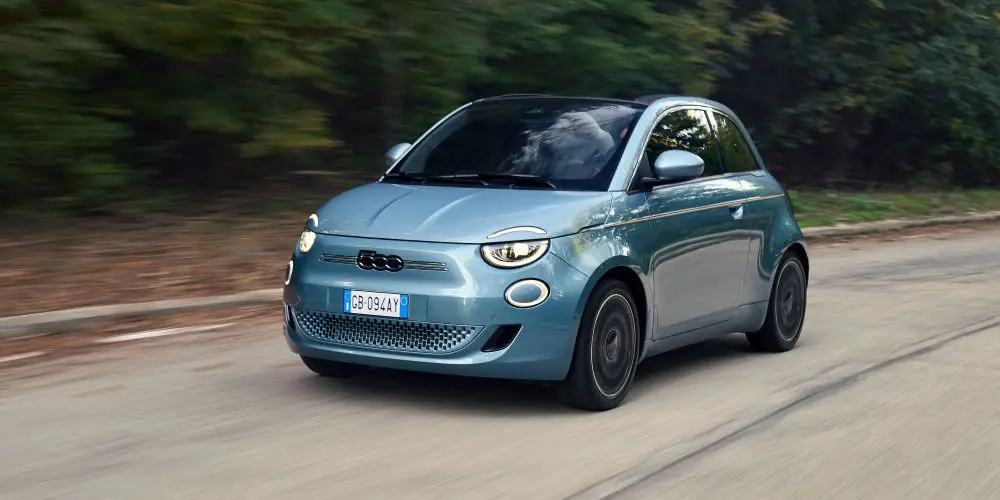
4. Fiat 500e (Convertible)
Starting price: € 24,900 (€ 30,500)
Range: 190 km
Battery: 24 kWh
Engine: 95 hp/220 Nm
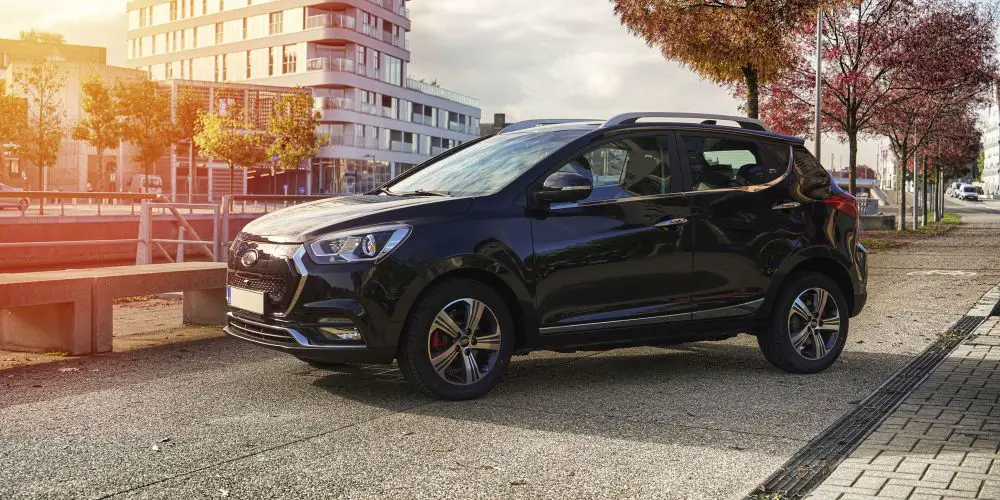
5. JAC E-52
Starting price: € 29,900
Range: 240 km
Battery: 39 kWh
Engine: 116 hp/270 Nm
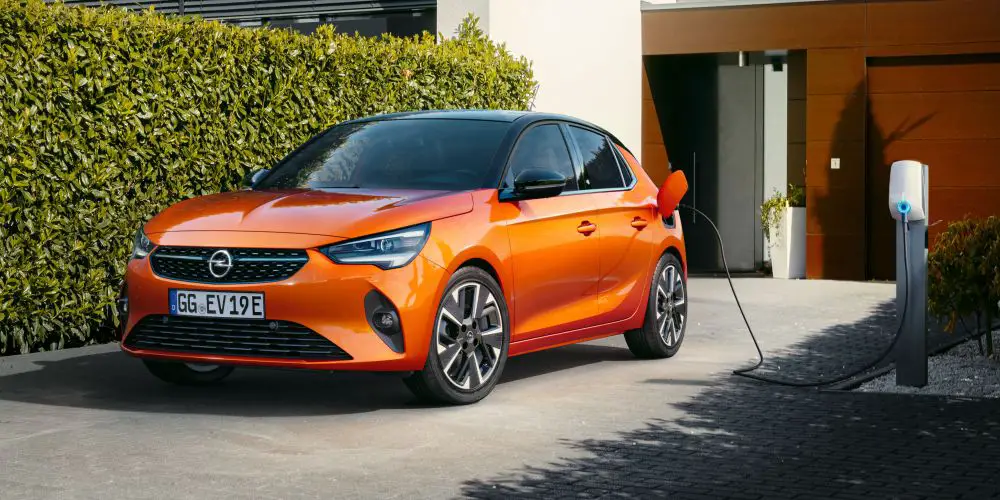
6. Opel Corsa e
Starting price: € 31,599
Range: 359 km
Battery: 50 kWh
Engine: 136 hp/260 Nm
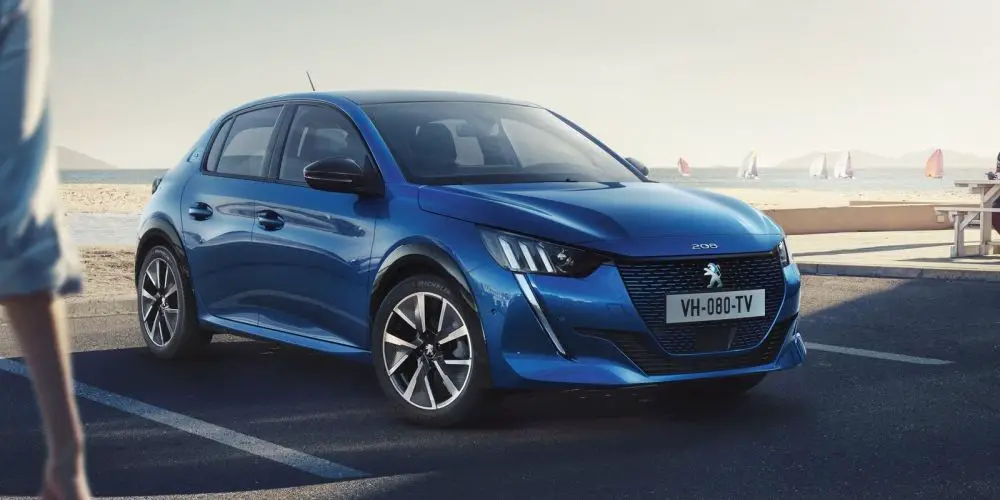
7. Peugeot e-208
Starting price: € 31,050
Range: 362 km
Battery: 50 kWh
Engine: 136 hp/260 Nm
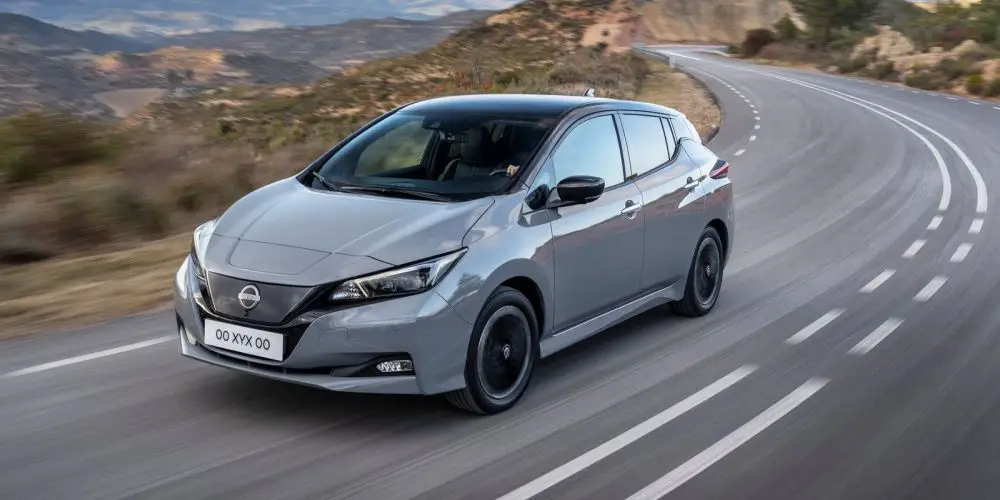
8. Nissan LEAF
Starting price: € 32,040
Range: 270 km
Battery: 39 kWh
Engine: 150 hp/320 Nm
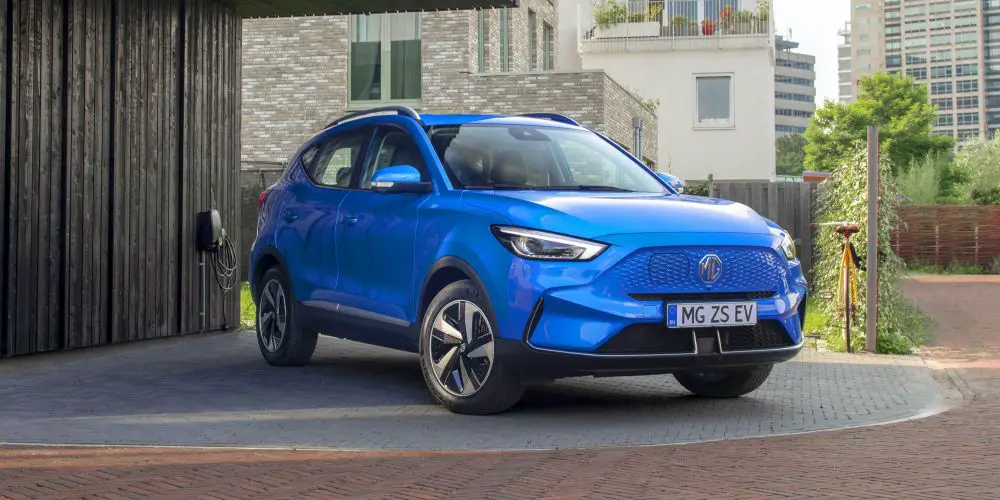
9. MG ZS EV
Starting price: € 32,985
Range: 320 km
Battery: 50.3 kWh
Engine: 177 hp/280 Nm
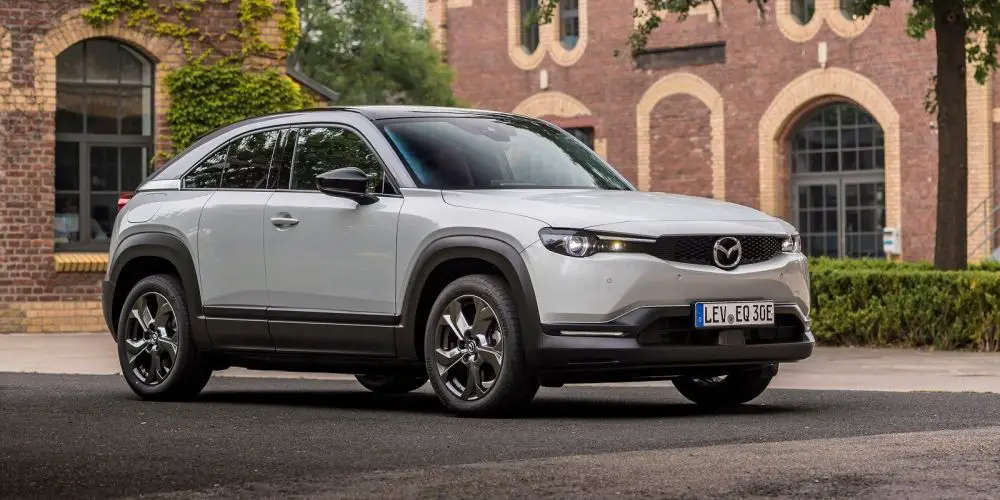
10. Mazda MX-30
Starting price: € 33,140
Range: 200 km
Battery: 35.5 kWh
Engine: 145 hp/271 Nm
Is electric driving cheaper?
Due to the expensive technology, electric cars are generally even more expensive to purchase compared to a comparable petrol car. But the difference is gradually narrowing, partly due to the continuing decline in battery prices. Production costs of lithium-ion batteries have fallen by about 90% since 2010.
On the other hand, you do benefit from all kinds of financial benefits when switching to an electric car. For example, electric driving is cheaper because electricity costs much less than petrol and diesel. With an electric car you can save a lot on your mileage costs. Here’s a calculation example:
- With an average petrol car with a practical consumption of 6.5 litres/100 km and a current petrol price of € 2.10 per litre, you arrive at € 0.136 per kilometer .
- With an average electric car with a practical consumption of 20 kWh/100 km and a common charging rate of € 0.40 per kWh, you arrive at € 0.08 per kilometer .
Tax advantage and subsidy
In addition to the low mileage costs, an electric car is also cheaper to maintain . To further encourage the purchase of an electric car, there are additional tax benefits for private individuals, lease drivers and entrepreneurs, which further reduce the total car costs. Think of the exemption from road tax, a low addition and environmental investment deduction. Read all about the tax benefits for electric cars here .
In addition, private individuals can apply for a subsidy for the purchase of an electric passenger car. Entrepreneurs can apply for a subsidy for an electric company car. Read all subsidy schemes for electric cars here .

